2024: The IfG’s five resolutions for doing government – and opposition – better
IfG experts set out five key asks for the government and opposition.
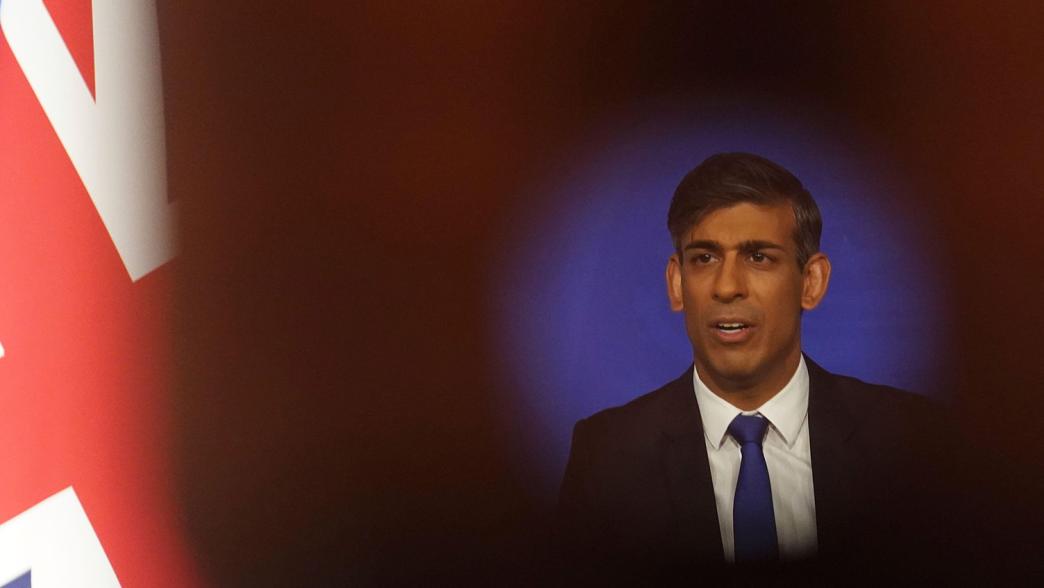
Demonstrate commitment to the norms and institutions of good government
All political parties will be working towards the forthcoming elections during 2024 – the local and mayoral elections in England in May and the general election which will be called at some point during the year. But while their focus will be on winning these votes and taking power, they should also consider how the ways in which they govern and campaign are shaping the UK democracy they seek to lead.
The UK has recently seen two prime ministers who were prepared to play fast and loose with the norms and institutions of good government. Boris Johnson was willing to close down parliament in order to shift the dial on Brexit, and to suspend the UK’s commitments under international law to deal with its consequences for the country’s internal market – causing considerable detriment to the UK’s inter-governmental relations in the process. His casual approach to ethics and standards led to his removal as prime minister, and his willingness to mislead parliament led to his resignation as an MP. His successor, Liz Truss, failed to learn the lessons of his premiership when she rushed into her policy agenda, spooking the markets with her disregard for robust policy making, for the analysis of the Office for Budget Responsibility and for parliamentary scrutiny.
While both Rishi Sunak’s predecessors suffered the political consequences of their disregard for the norms and institutions of good government, their departures have not simply reset the dial. Rather, their approaches to governing have set worrying precedents and established troubling habits across government. All party leaders now need to take active steps to set aside these bad precedents. This means being willing to enforce the consequences of bad behaviour even among their political allies, restoring respect for the institutions which maintain international, domestic and market confidence in the robustness of the UK’s democratic system, and resetting expectations for the robust development and testing of policy before passing legislation through parliament.
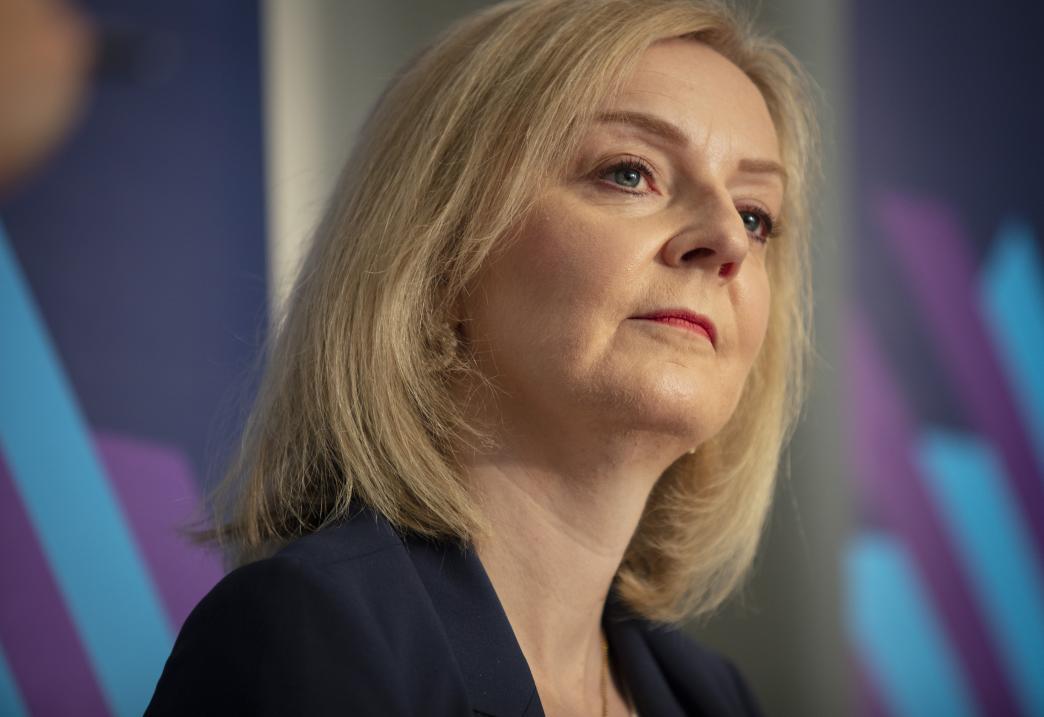
The added pressures of the forthcoming poll will increase the temptation for political parties to set aside standards for electoral gain. The media is full of predictions of ‘dirty’ campaigns focused on attacks and negativity. But any political leader who aspires to lead the country after the 2024 should pay attention to how their campaign will affect the health of the democracy they are seeking to lead.
Build confidence and capability in the civil service whoever wins the election
Of the country’s half a million civil servants just a tiny minority will be preparing for the general election and a possible change of government. But an election year is when the civil service proves itself to current and potential future ministers. To current ministers, that the service can focus on the government’s work even as attention moves to what might come next. And to shadow ministers, building confidence in the officials who might become so important to their plans.
The civil service will gear up to ensure a smooth transition – for all the staff churn and recent turbulence the institution knows how to do that. The far more difficult test will be in the months and years after polling day. That is when the civil service must show its mettle. The next difficult decade of fiscal constraint, burnt-out public services, an aging population and mind-bendingly rapid technological change needs politicians and officials working together, with creativity and openness, to turn pessimism into optimism and to show that the government can work.
That means 2024 must be a year of focus on civil service capability. Morale is low and there may be more strikes as pay continues to stagnate and ministers try to stick to fantasy administrative budgets. Staff numbers grow to deal with short-term priorities while ministers talk of efficiencies and cuts. Creaking legacy technology systems hold back innovation.
The civil service’s New Year’s resolution should be to make 2024 a year where the institution regains confidence and looks to the time after the election – whichever government is returned – as a period when the civil service shows what it can do for the country.
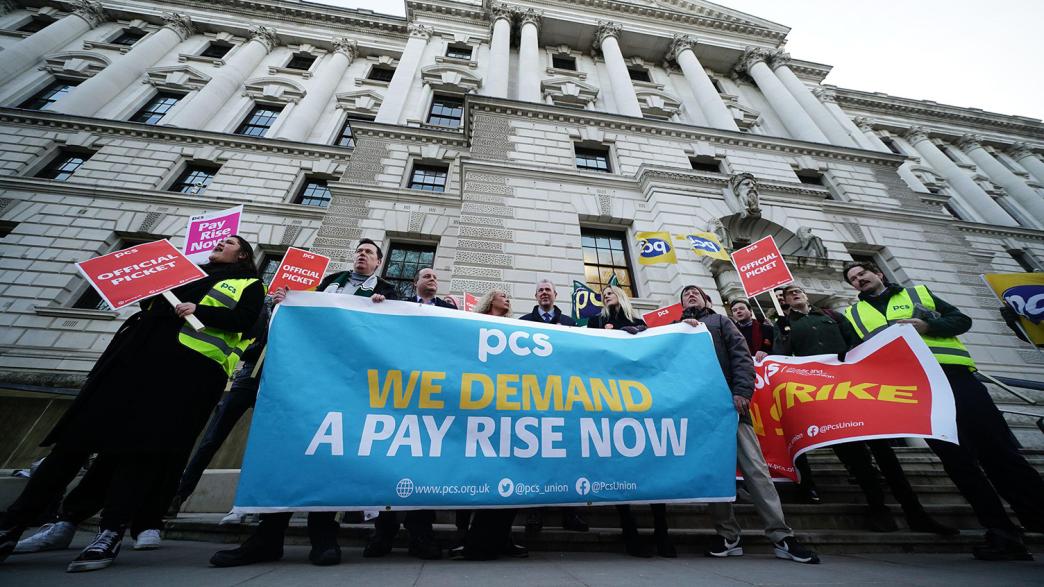
Campaign as you intend to govern
Rishi Sunak has said 2024 will be the year of the next general election, and while the date remains unknown, campaigning is ramping up. Both Sunak and Keir Starmer are promising to use victory as a reset moment, with Sunak pledging to ditch 30 years of “failed consensus” and Starmer promising to end “short-term sticking plaster” politics. Whenever the general election is held, the time has come to move beyond slogans.
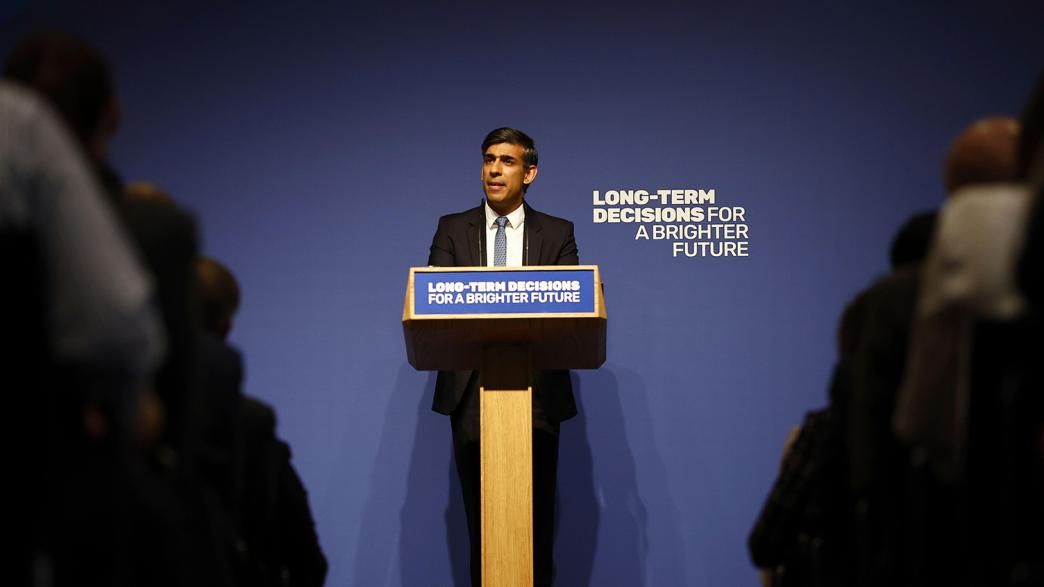
If Sunak is serious about “long-term decisions for a brighter future”, then he should make some. The first test is small boats, with the risk that the PM has bet the house on a scheme that was always more of a political ploy than public policy, but now looks like it might even fail at that. The new year will begin with a parliamentary battle over the government’s flagship Rwanda legislation – weeks of brinkmanship with backbench factions and stand-offs with the House of Lords could feel more like a nightmare return to the Brexit wars of 2018 than a glimpse of Sunak’s vision for the country by 2028.
The next big test will be the budget: promising deep cuts to public services tomorrow to subsidise tax cuts today is neither a long-term decision and nor does it point to a bright future.

Keir Starmer might find it easier to convince the public he represents change, but he cannot avoid the difficult decisions looming. A Starmer government will need to decide whether it is cutting services or raising taxes; which of its missions gets more or less investment; and whose backyard will be covered with new homes. Starmer may find it convenient to steer clear of some of the knottiest problems in opposition, but there is no avoiding them if he finds himself in No.10. He still has time, perhaps as much as year, to do the difficult policy work. The manifesto is his chance to try to get a mandate for dealing with painful choices that lie ahead. It might be politically attractive to point to the problems with his opponents and leave the policy for another day. But if Starmer wins, then he might he has little choice but to reach for the same sticking plasters he promised to avoid.
As a general election approaches the focus on polling day will intensify, but both Sunak and Starmer, would be wise to give proper thought to what might follow – and how to address the long-term challenges facing this country.
General election
The next UK general election must be held by January 2025. But what happens before and during a general election?
Find out more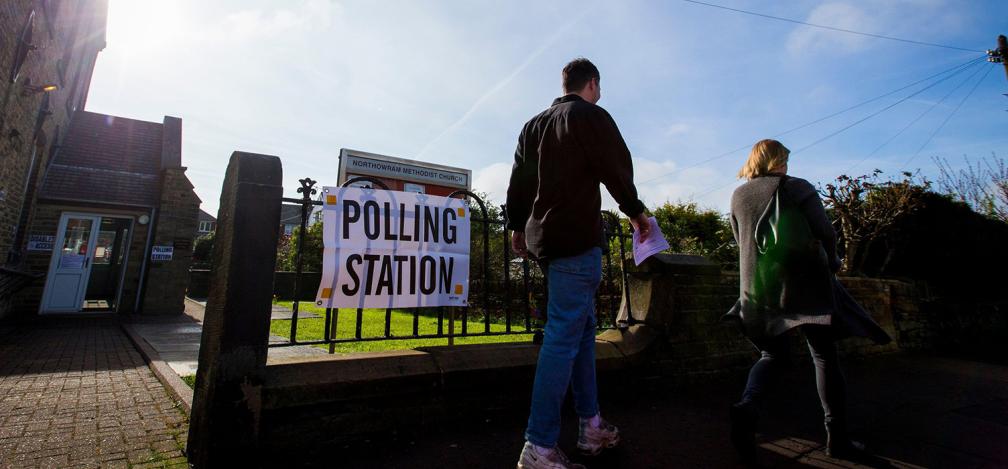
Grapple with difficult fiscal decisions rather than kicking the can down the road
The government’s fiscal policy over the past couple of years has been short-term rather than strategic. The chancellor and prime minister have been determined to cut taxes, and large tax cuts were announced in response at the autumn statement. But overall taxes have continued to rise, largely as a result of freezing income tax and national insurance thresholds which raises much more when inflation is high. At the same time, the government is only on track to meet its main fiscal rule – for debt to be forecast to fall as a share of GDP in the fifth year of the forecast horizon – by pencilling in very tight (and frankly implausible) budgets for public services beyond 2024/25 when the current spending review period ends. Yet public service performance has continued to decline and will decline even further if the government – and whoever wins the election – sticks to current spending plans.

Rishi Sunak and Jeremy Hunt during the 2023 autumn statement. The PM and the chancellor have been determined to cut taxes.
Long-term demographic pressures, which have been exacerbated by low growth, presents a fundamental trade-off a government must address: accept higher taxes or explicitly choose to reduce the scope or quality of public services. This government has not addressed this question, explicitly, but the choice cannot be dodged for another parliament. Labour’s answer to this question is equally unclear. As both parties prepare to set out their pitch to the country for the next few years, they should set out their answer to this trade-off in a transparent way. A failure to do this will provide voters with an inaccurate impression and lead to further policy uncertainty over the coming years as undeliverable promises unravel.
Keep ministers – and shadow ministers – in the same job
Both Rishi Sunak and Keir Starmer reshuffled their frontbenches this year, with significant numbers of changes in both parties. Some of Sunak’s changes were forced – such as when Ben Wallace stepped down from the Ministry of Defence – and others were his own choice, including the departmental reorganisations in the spring and the wide-ranging reshuffle in the autumn.
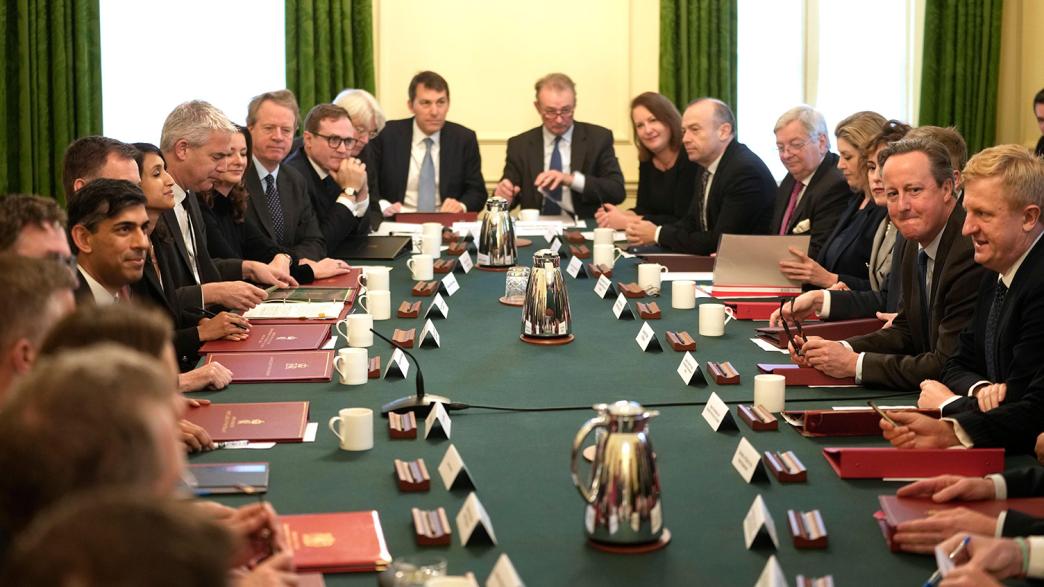
While reshuffles are helpful for showing political priorities and managing party discipline, they can be very disruptive to the work of government, as new ministers have to get up to speed on new portfolios and officials have to learn how their new ministers work. Even in opposition, frequently changing position means that shadow ministers are unable to build relationships with key interest groups and learn the detail of their portfolio – a risk when, on current polls, the opposition may well enter government at some point in the next year.
So in 2024, both Sunak and Starmer should resist the temptation to reshuffle their teams further. While there may well be individual changes, keeping the overarching teams the same will allow government ministers to focus on getting things done and shadow ministers to continue learning about their briefs, so that if they do become a minister, they know what they want to get done. Of course, that means if Labour does win the election, Starmer should not move too many people from the brief they are shadowing once in government. This may be wishful thinking – for both parties, an election year will mean a premium on campaigning, not policy detail. But for good government before and after the election, stability round the cabinet and shadow cabinet tables is key.

If Labour does win the election, Keir Starmer should not move too many people from the brief they are shadowing once in government.
- Keywords
- General election Official opposition Immigration Parliamentary scrutiny Economy Tax Autumn statement Public spending Public sector Government reshuffle Cabinet Shadow cabinet
- Political party
- Conservative Labour
- Position
- Prime minister Leader of the opposition
- Administration
- Sunak government
- Department
- Number 10 HM Treasury
- Legislature
- House of Commons
- Project
- General election
- Public figures
- Rishi Sunak Keir Starmer
- Publisher
- Institute for Government